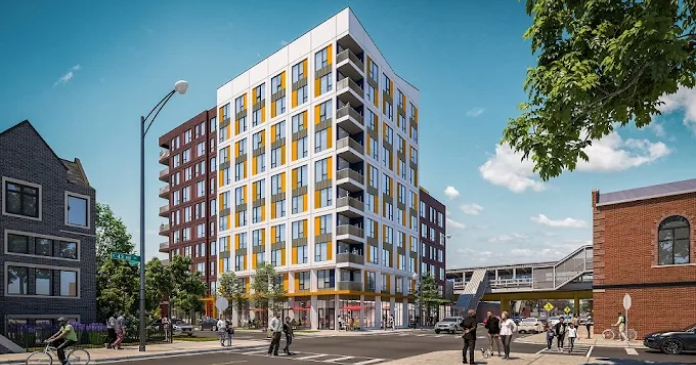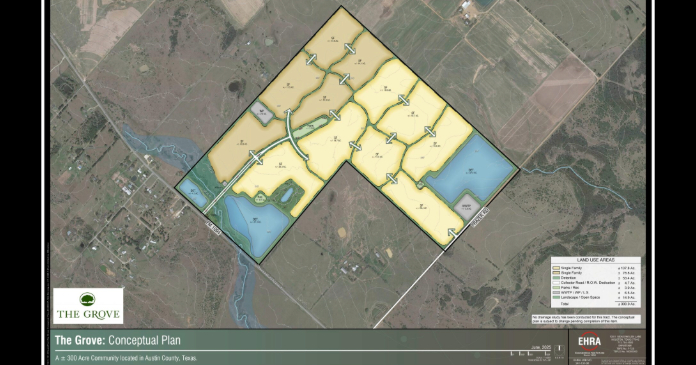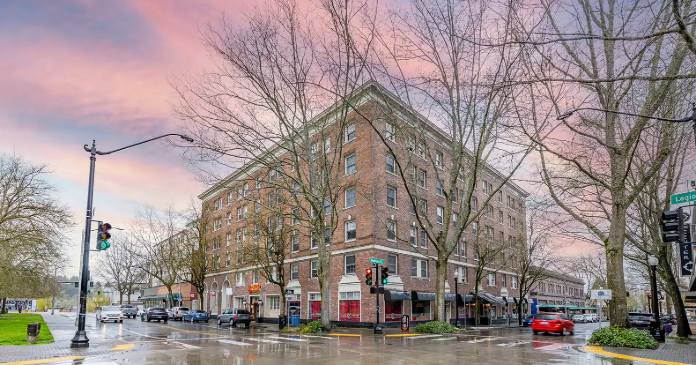Residents who cause a fire in their apartment, or are impacted by a fire in a nearby apartment, will likely not have the resources to cover the damage or even remain in the community. Few have the protection of renter’s insurance. Even if they’re offered another apartment, they may not be able to replace the property that was destroyed or damaged.
An owner is hit from several directions: newly vacant apartments that must be renovated, a skip in rental income from the vacancy, and a deductible from the property insurance policy are just a few.
Owners can avert such loss by offering residents pay-with-rent insurance. Insured residents can then offset such loss and receive coverage from their policy to help replace lost or damaged property. They also continue to pay rent on their new space.
Such insurance may cover repairs, if they were responsible for the fire, and owners don’t have to tap their policy.
The more insured residents, the more protection owners have from using their commercial property insurance, and of course, there’s also good will among residents with regard to staying at the property. Losses become a third party issue and are turned over to an insurance agency to handle.
If a property is HUD regulated, the pay-with-rent insurance premium is not counted against rent; it’s considered an over the line expense. HUD permits the sale of renters insurance, but owner’s may not require it. It may be strongly recommend as long as other insurance products are available.
Aligning with a company to provide insurance allows residents to purchase a reasonably priced product at the most opportune moment, during the leasing process. Purchasing a policy that is paid on a monthly basis is also cost effective and more reasonable to many prospects.
What are the chances
There are, on average, 95,000 multifamily fires annually.
Typical deductibles: $10,000-25,000 per occurrence per property
Average loss (under deductible) for repairs per property: $1,932
Median largest covered property claim per property: $234,000.
One small claim (under $25,000) per two properties annually.















